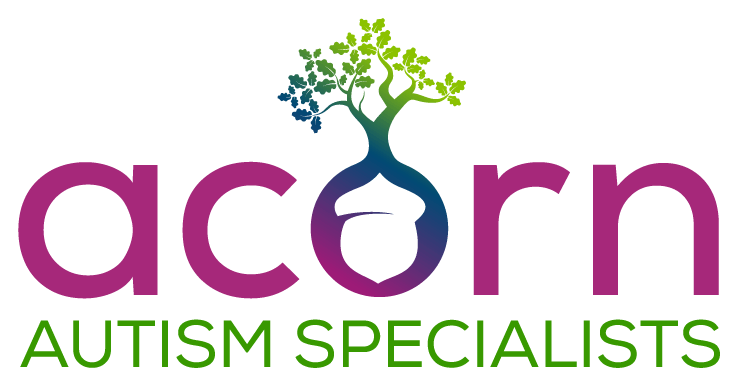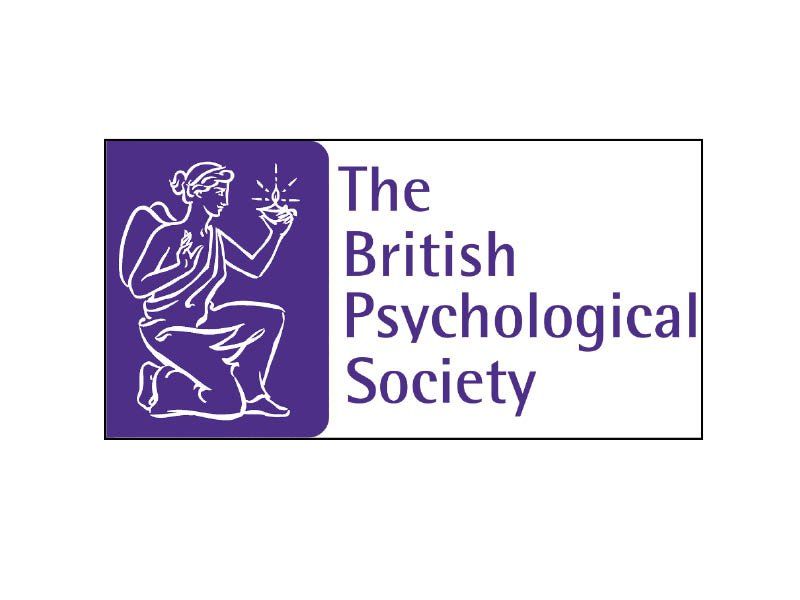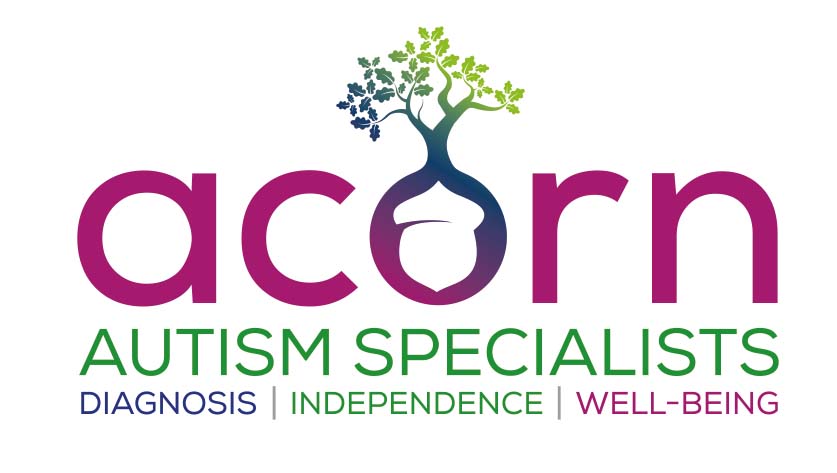We all experience change and transition throughout our lives, and some people cope with this better than others. Major changes, like moving house, changing schools or starting a new job, can cause significant stress, which may be even more pronounced in autistic people.
The world can seem a very unpredictable and confusing place to autistic people. Daily routines, rules and rituals therefore add a predictability and understanding about what is going to happen each day. This may involve eating the same food at meal times, traveling the same way to work, or the same morning routine before school. Some autistic people have daily timetables so that they know what is going to happen and when. However, the need for routine and sameness can extend beyond this. You might see:
- changes to the physical environment (such as the layout of furniture in a room), or the presence of new people or absence of familiar ones, being difficult to manage
- rigid preferences about things like food (only eating food of a certain colour), clothing (only wearing clothes made from specific fabrics), or everyday objects (only using particular types of soap or brands of toilet paper)
- a need for routine around daily activities such as meals or bedtime. Routines can become almost ritualistic in nature, followed precisely and with attention paid to the tiniest details
- verbal rituals, with a person repeatedly asking the same questions and needing a specific answer
- compulsive behaviour, for example a person might be constantly washing their hands or checking locks.
Routines, rules and rituals are often a way of managing and reducing anxiety. However, they may also cause anxiety. Even when a person is able to follow their usual routine, they may feel anxious about something disrupting this or preventing them from following the routine in the future. This can then cause anxiety for the future as well as reinforcing the person’s need to follow a routine. A person may struggle with changing the rules, or learning a new way of doing something once they have been taught the “right” procedure.
Any kind of change, even seemingly small ones, could cause stress and anxiety to an autistic person. This may be a new staff member, a different shampoo or even a new mug. When change happens to an autistic person, it takes away their predictability and familiarity. This can make them feel vulnerable and scared and can be a source of great stress.
When an autistic person is stressed, they may seek predictable responses to reduce their anxiety.
Helpful ways to deal with changes are to provide some kind of predictability and consistency and support understanding of what is happening and what will happen next. Some questions that may be helpful to have an answer to are:
- What is the person going to be doing and what is expected of them?
- How long will they be doing this for?
- What will they be doing next?
- When can they do something that they want to do?












